
How to Hire an eCommerce Web Development Company
Launching an eCommerce store doesn’t require a physical location, but it does demand a high-performing website. To create a user-friendly and branded shopping experience, an experienced eCommerce web development company can help you deliver a branded, user-friendly interface across all devices.
As the eCommerce industry grows, consumers now expect convenient, frictionless shopping experiences. A well-designed online store attracts customers, builds trust, and reinforces your brand presence.
Source: WPForms
How to Pick the Best eCommerce Web Development Company
While it’s possible to build a site using ready-to-edit templates, your website should do more than just function. It should also attract shoppers, build brand awareness, and drive sales.
Source: FirstSiteGuide.
Selling on social media or platforms like Amazon or eBay offers reach but limits branding control. A custom-built eCommerce website lets you showcase your niche and create high-converting product and thank-you pages.
With so many providers available, take the time to evaluate and choose an outsourcing company that fulfills your specific goals and project requirements. Here’s a comprehensive decision framework to guide your selection process:
|
Type |
Strengths |
Best for |
| Agency/Company | Full-service capability, broader expertise | Complex projects, long-term partnerships |
| Freelance | Cost-effective, direct communication | Simple projects, tight budgets |
| In-house | Complete control, aligned with your business | Ongoing development, proprietary systems |
What to Look for in an eCommerce Development Company
Expertise in Web Design
While many design principles apply generally, eCommerce websites require specific attention. Your store should not only inform but also persuade visitors to buy.
Strong eCommerce Web Design highlights your products effectively and encourages conversions. Review the company’s portfolio to see if their past works align with your brand and sales goals.
Technical Capability in eCommerce Web Development
It’s not just about aesthetics; your development partner is also capable of ensuring your site is functional and secure. They can integrate features like secure checkout, order management, and responsive design. Prioritize developers who are familiar with your chosen platform, such as WooCommerce and Shopify.
Thus, to ensure your online store is in working order, you need a company with ample knowledge of eCommerce Website Development.
Modern technical capabilities include:
- Headless Commerce Architecture: Separating the front-end presentation layer from back-end commerce functionality for greater flexibility and performance.
- Progressive Web Apps (PWAs): Creating app-like experiences that load instantly, even in poor network conditions.
- API-first Development: Building with connection capabilities to third-party services
- Composable Commerce: Implementing modular solutions that can be assembled to match specific business needs.
- AI Integration: Incorporating artificial intelligence for personalized shopping experiences, product recommendations, and customer service.
Strong eCommerce Project Portfolios
Look for developers who can execute your vision. Their previous projects provide insights into their design sensibilities, industry knowledge, and ability to deliver. Feel free to ask for recent or niche-specific examples that may not be listed on their site.
Portfolio Evaluation Checklist
- Projects in your specific industry vertical
- Similar scale and complexity to your requirements
- Evidence of successful integrations (payment, inventory, shipping)
- Demonstrated mobile optimization
- Performance metrics for past projects (load times, conversion improvements)
Evaluate Their Own Website
A company’s website reflects the standards it upholds. If their site is outdated or lacks usability, they may not deliver a high-converting store for you.
Look for clean design, intuitive navigation, and clear Call-To-Actions (CTAs) on their own site as a quality benchmark. Their site should be functional and demonstrate best practices in User Experience (UX), speed, and mobile responsiveness.
These are the performance metrics to check:
- Core web vitals;
- Mobile responsiveness;
- Page load speed, and
- Accessibility.
Transparent Development Process
A reliable eCommerce web development team will walk you through the process, from discovery and prototyping to testing and launch.
Check how they handle project timelines, feature testing, and quality assurance. Transparency ensures there are no surprises in deliverables, deadlines, and cost, keeping your project on track.
Qualified Team Members
Ask about the team behind the scenes. Determine if they employ experienced developers, designers, and project managers.
You can request bios or qualifications to ensure you’re working with the experts. A well-rounded team brings diverse perspectives and skills, which leads to more innovative and effective outcomes.
Enhanced Security Capabilities
With eCommerce sites being prime targets for cyberattacks, your development partner should prioritize security:
- PCI DSS Compliance: Ensures payment processing meets industry security standards.
- GDPR and CCPA Compliance: Demonstrates knowledge of data protection regulations.
- Security Testing Protocols: Regular vulnerability assessments and penetration testing.
- Secure Coding Practices: Following OWASP guidelines for secure development
- SSL Implementation: Proper security certificate implementation.
Customer Reviews and Testimonials
In-house testimonials are good, but external platforms offer unfiltered feedback. Studies show that 68% of consumers deal with businesses due to positive reviews.
So, check Google reviews, Clutch, Glassdoor, or Yelp. Look for patterns in feedback regarding communication, deadlines, and final output quality. Reach out to past clients to get direct insight into their experience and satisfaction.
Source: TrueList.
Cost and Quality Balance
Get detailed quotes upfront. While affordability matters, don’t sacrifice functionality or aesthetics for a bargain. Quality development comes at cost, and it’s worth it for long-term success.
Investing more upfront can help you avoid costly redesigns, performance issues, or lost sales down the line.
Be wary of providers that offer the following, as this can waste your time and resources:
- Significantly lower quotes than the market average;
- Hidden fees or vague pricing structures;
- No mention of maintenance costs, and
- Unclear payment milestones.
Site Ownership and Maintenance Policies
Understand the ownership terms before signing the contract, as some agencies may retain partial control. Ensure you own your code, content, and design assets.
Confirm whether ongoing maintenance is included or charged separately. Having full ownership and transparent maintenance policies prevents unexpected costs and ensures control of your digital property.
Final Thoughts
The eCommerce industry has proven itself to be highly lucrative, as its market revenue is projected to reach $8.09 trillion by 2028. High-quality products are important, but equally vital is how they’re presented to potential customers through your eCommerce website.
Ensure your website reflects your brand and encourages conversions. Present your products in a way that builds trust and motivates purchases.
When hiring eCommerce web developers, evaluate the following key factors:
- Expertise in web design;
- Technical capability in eCommerce web development;
- Strong eCommerce project portfolios;
- Evaluate their own website;
- Check their core values and culture;
- Transparent development process;
- Qualified team members;
- Customer reviews and testimonials;
- Cost and quality balance;
- Communication tools and language compatibility;
- Additional eCommerce site features, and
- Site ownership and maintenance policies.
When you know what to look for, the eCommerce web design and development process becomes far more manageable. Your online store deserves the best design and functionality. Collaborate with a skilled eCommerce website development company in the Philippines to build a fast, attractive, and functional site for your business.
This article was updated on May 13, 2025.
FAQs About Hiring eCommerce Developers
How much does it cost to build an eCommerce website?
The cost of building an eCommerce site varies widely based on complexity and your needs. Basic setups are cheaper while custom design costs more. Contact us for a discovery call to get a personalized estimate.
How long does it take to develop an eCommerce site?
The Development time for an eCommerce site ranges from a few hours (using website builders) to 4–12 months for complex stores. On average, projects take 2–9 months, depending on functionality and platform. Simple sites using Shopify can be built in hours.
Do eCommerce web developers provide SEO services?
Many eCommerce developers offer SEO services as part of their packages, ensuring optimized site structure and performance. Specialized SEO strategies might require dedicated experts. While not universal, combining development and SEO is common to enhance online visibility and drive traffic effectively.
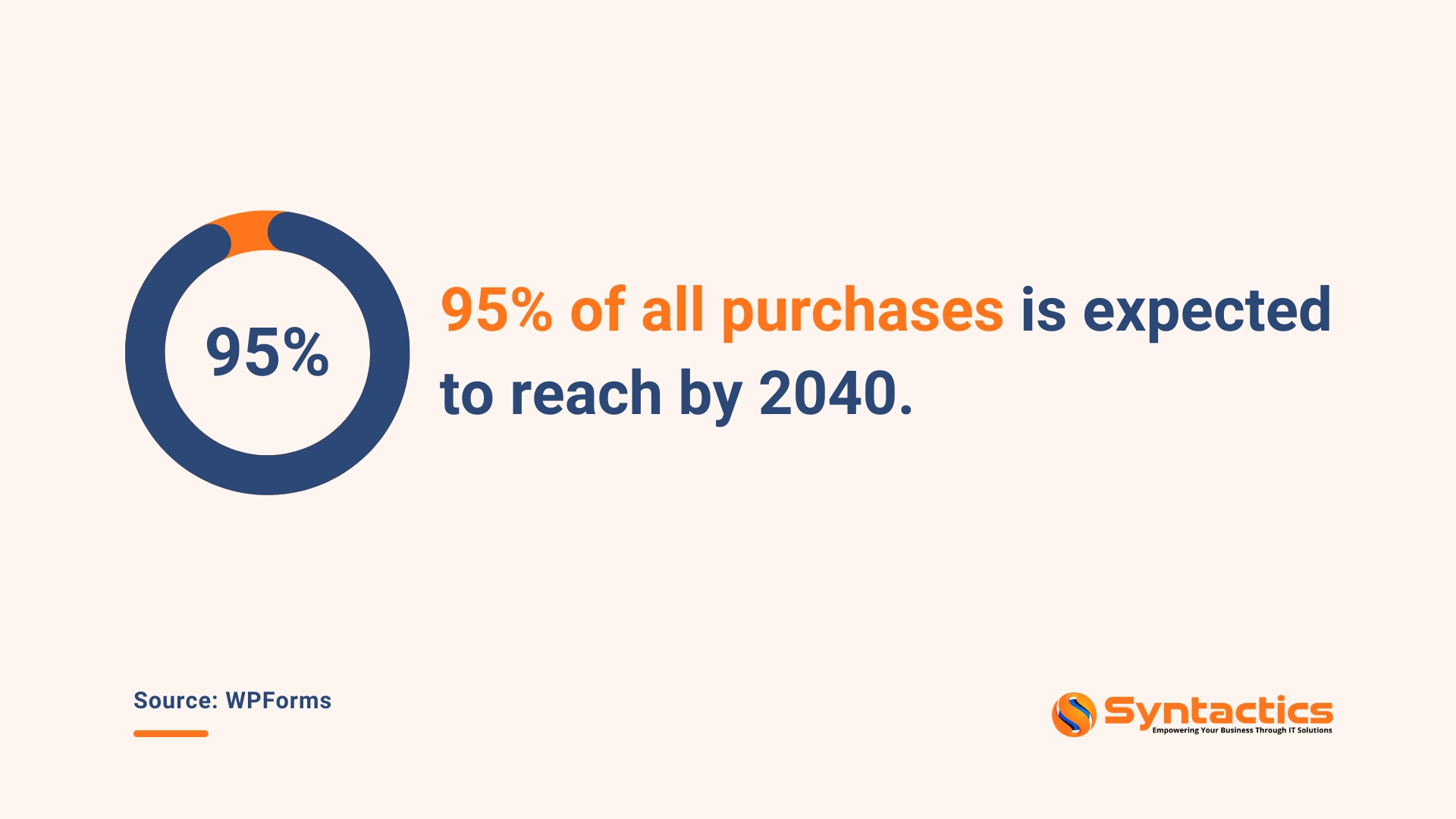

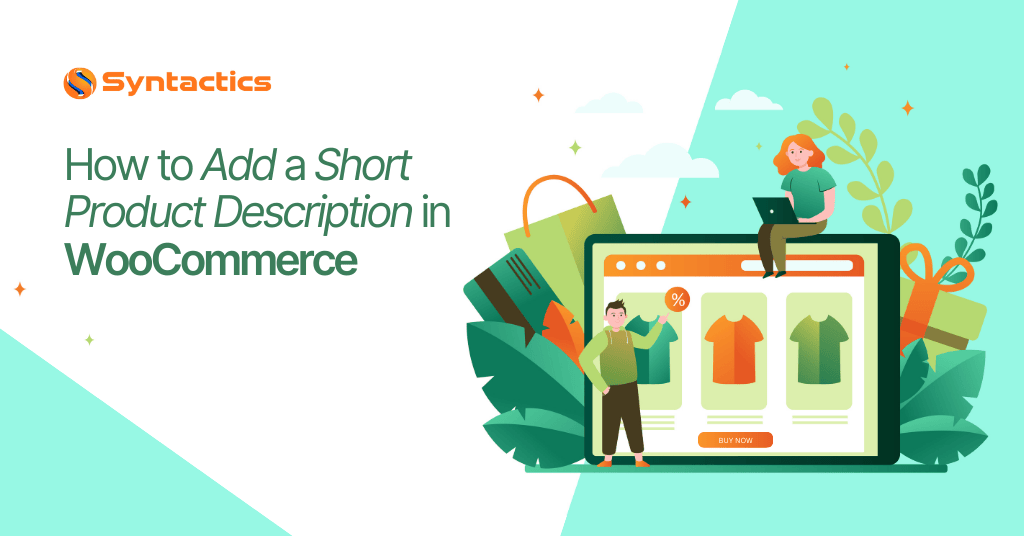
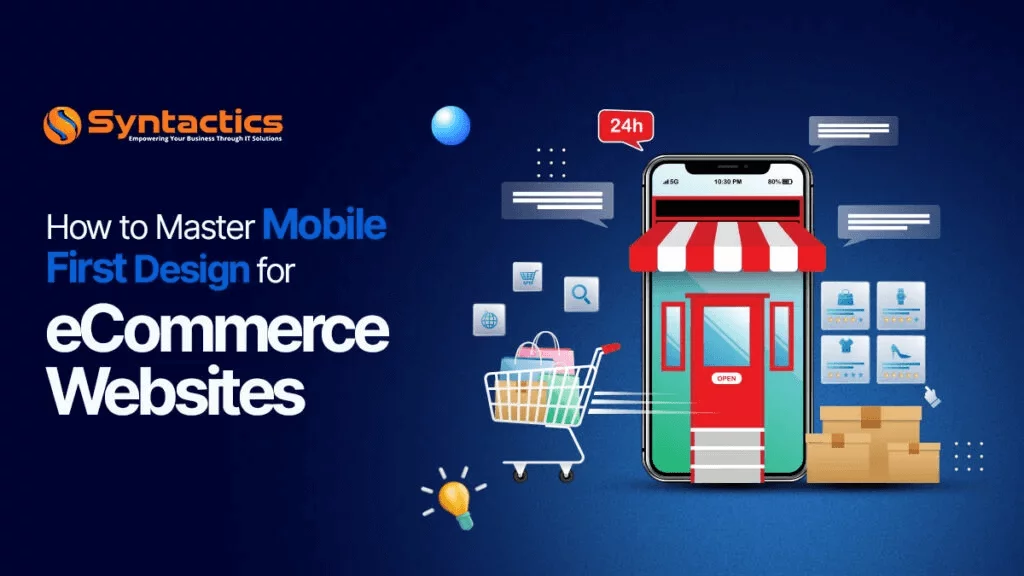
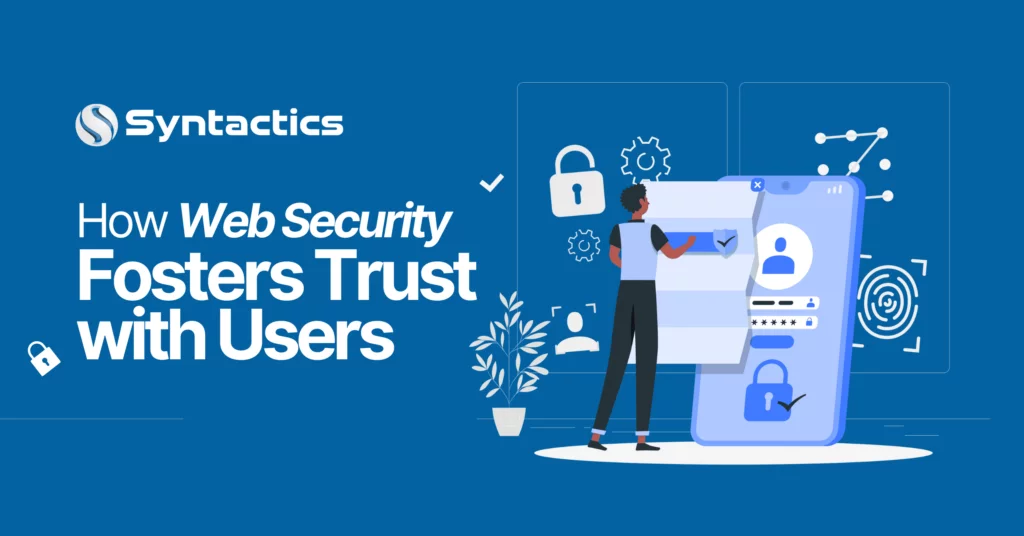




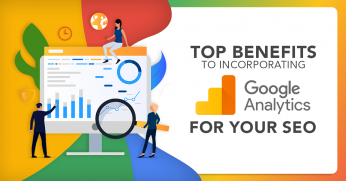

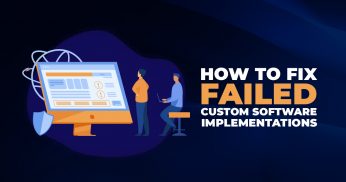

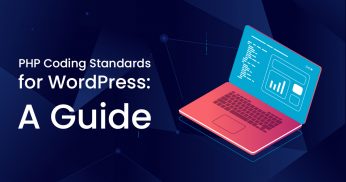








Comment 0